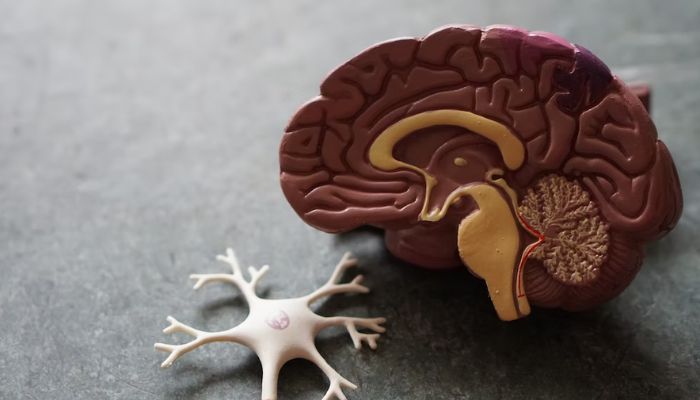'Youngest person' with Alzheimer's disease identified
Alzheimer's is a form of dementia that interferes with daily activities and impairs memory, thinking, and behaviour
February 18, 2023

A 19-year-old Chinese male has been identified as the world's youngest person to have Alzheimer's disease, reported Health News.
The teen had been gradually losing his memory and ability to concentrate since he was 17. The patient, according to the case report that was published in the Journal for Alzheimer's Disease, was unable to recall the events of the previous day or where he had stored his possessions.
Memory impairment was detected in the World Health Organisation-University of California, Los Angeles Auditory Verbal Learning Test, which was also utilised to diagnose Alzheimer's disease. Medical examinations also indicated a possible case of the disease.
Alzheimer's is a form of dementia that interferes with daily activities and impairs memory, thinking, and behaviour. Although being older is the most significant recognised risk factor for the illness, it is not a typical aspect of ageing. Most Alzheimer's patients are 65 years of age or older.
Mild memory loss may be the first symptom of the disorder, which eventually renders the patient incapable of responding to their surroundings or carrying on a conversation. Alzheimer's patients may not be aware of their issues, but other people do notice frequently.
Every five years, the number of people over 65 who have Alzheimer's disease doubles. Up to 5.8 million people were estimated to have the illness in 2020.
According to the Alzheimer's Association, the following could be the early signs of the disease:
- Memory loss makes daily life difficult as well as problems with concentration.
- Difficulties planning or solving problems.
- Trouble completing familiar tasks, like driving to a known location.
- Confusion with time or place, for example, losing track of dates.
- Difficulty understanding visual images and spatial relationships.
- Problems with words in speaking or writing.
- Putting things in places and then being unable to retrace steps to find them.
- Decreased or poor judgment, for example, when dealing with money.
- Withdrawal from work or social activities.
- Changes in mood and personality, such as becoming confused, suspicious, or depressed.
Alzheimer's has no known treatment, however, drugs like aducanumab (Aduhelm) and lecanemab (Leqembi) can slow the cognitive and functional decline in those who have the illness in its early stages.











